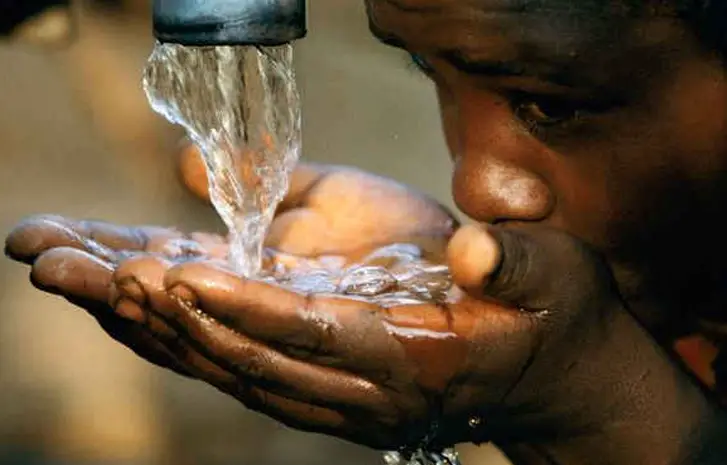Benin receives €180m loan from the Dutch government to fund the supply of drinking water and preservation of water bodies.
Benin will receive the €180m from the Netherlands through the investment company Invest International. Benin’s Minister of Economy and Finance, Romuald, and the institution’s Director General, Orthuizen, signed the loan deal on October 4th.
New water supply systems are being built as part of the project to supply of drinking water and preservation of water bodies
According to the Beninese authorities, the project will be implemented to improve the supply of drinking water in northern Benin. New water supply systems are being built as part of the project in the towns of Karimama, Cobly, and Gogounou. In the towns of Natitingou, Toucountouna, and Copargo in northern Benin, the project will also renovate a number of existing facilities.
Also Read: Agreement Signed for Construction of Four 50MW Solar PV Power Plants in Benin
The completion of this project will hasten the accomplishment of the sixth Sustainable Development Goal (SDG) of the United Nations. Which calls for ensuring that everyone has access to clean water and adequate sanitation by the year 2030. 73% of Benin’s rural population currently has access to clean drinking water, according to World Bank statistics.
The Beninese government also intends to develop and restore Lake Nokoué and the Porto-Novo lagoon with assistance from the Netherlands. Because both sources of water are under strain from a number of human-caused factors, such as pollution and soil erosion.
The population on the beaches will be relocated as part of the drinking water and preservation of water bodies project. The Porto-Novo lagoon and Lake Nokoué are currently the subject of a feasibility study to achieve this goal. Additionally, technical studies that are complementary to the dredging and restoration of the crucial Djondji-Hounkloun junction, which connects the Ahô channel and the coastal lagoons of Grand-Popo and Ouidah to Lake Ahémé, are also being conducted. This intersection served as the sole crossing point between ocean and continental waters for fishing equipment.
The portfolio of projects receiving support from Dutch government also includes the development of the artisanal fishing port at Cotonou. As well as the capital and largest city of Benin.

